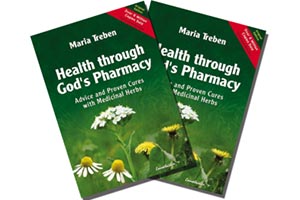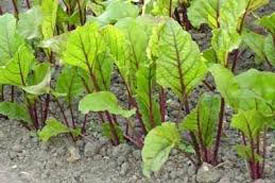Sustainability is Fertilizer
 The small family farm in Virginia is perhaps 300 acres. In these mountains, a beef producer is an age 70 farmer, who is paying a dear and booming land taxation, and surviving on Social Security. The final blow to these ageing hearty souls is the doubling and tripling of commercial fertilizer necessary to maintain grass pastures and hay fields to raise cattle.
The small family farm in Virginia is perhaps 300 acres. In these mountains, a beef producer is an age 70 farmer, who is paying a dear and booming land taxation, and surviving on Social Security. The final blow to these ageing hearty souls is the doubling and tripling of commercial fertilizer necessary to maintain grass pastures and hay fields to raise cattle.
As one neighboring cattle farmer said, :”I can not afford to fertilize at $400.00 (plus) a ton”; and he uses several tons for 300 acres. He and the rest of the dying family farm elderly farmers are being forced into selling what they have to developers-if the credit market supports a sale-which it does not. The children, now middle-aged, have no interest in 15 hour day sweaty hard labor demanding farm life where until the recent inflationary crisis he made $50,00.00 a year and turned $40,000.00 a year back into the farm leaving a subsistence income to keep hoping it would get better.
President Bush just recently stated that: ??if people would buy food from local farmers?? This sounds right. This sounds correct. When I am in the next supermarket
I will reflect that the food on the shelves is not grown locally, but is grown in other countries, and flown in on airplanes, yes, airplanes that are a threatened industry because of fuel costs.
Then we have to consider the trucking industry, hauling foods in tractor-trailers using diesel oil which is breaking that industry in costs.
And so on and on? We all hang on a delicate infrastructure, and the foundation of that infrastructure to keep the home fires burning is: fertilizer.
We all eat food made from commercial fertilizer here and abroad. It is not going to change until the last natural gas well, and the last oil well is dry and abandoned. Your children?s children will see this happen. In the mean time the affordability of commercial fertilizer will diminish, and political unrest will become worse than it is in the news tonight.
In the interim period the Victory Garden concept will increase forcing communities to turn back the clock at local farming, utilizing centuries old techniques to produce food. Granted we have the most foremost scientists working to solve the NPK requirements of plants but, until this is perfected, and in harness, vegetable and grain farmers, now adjacent to the mega-livestock farms are gratefully buying up manures; spreading them on the fields and doing the best they can with what they have.
For my neighbor, he can not haul mega tons of manures, he can not buy up new fertile lands-wearing out one plot and moving to another-as it was done in the old days. He has to just wear out his lands. Mother Nature takes a hundred years-perhaps more so-to develop a ?? of topsoil. Who can wait?
You cannot grow healthy children; healthy live stock, healthy plants without a fertilizer basis. If there is a nutritional loss, that food chain deficiencies will show up in stunted growth, health problems and loss of longevity. While the global community struggles with fertilizer problems it remains incumbent upon you, the family gardener, to look out beyond the banal day to day rituals and create a health supportive garden structure that utilizes all the natural, chemical free NPK compounds.
One of the most interesting paradoxes in animal manures that we rush to buy at the garden center, bagged organic goodness, or the commercial composts composed of mostly manures from horse farms is that it contains: ?Ivermictin? ? an internal pesticide.
In nature when the manure falls to the ground it is attacked, so to speak by small black ?dung beetles?. These creatures along with nature?s earthworms, sow bugs, ants, bacteria and microbes of fungus to break down the steaming pile into natural fertilizer. Alas, the Ivermictin series of pesticides for the animal?s rumen or stomach to eliminate grubs now ensures that the manure is inviolate of nature process and remains preserved on the pasture field, denying new grass to grow.
Some how it just seems to be if you want to become a pure organic gardener, you have to create your own fertilizer.
Copyright: 2008, Back2theLand, Mark Steel



